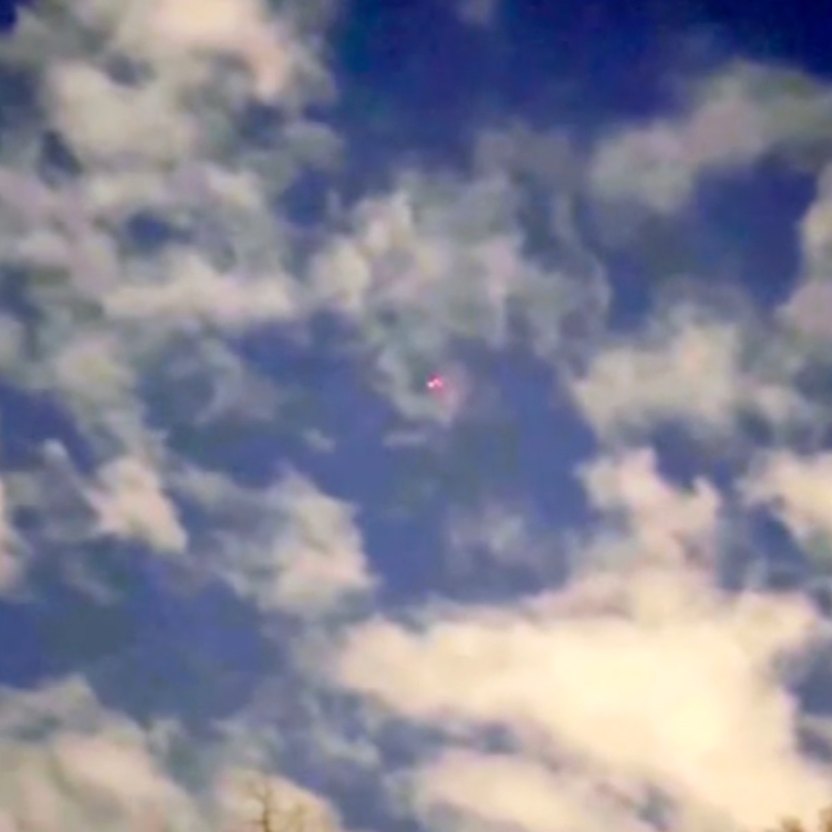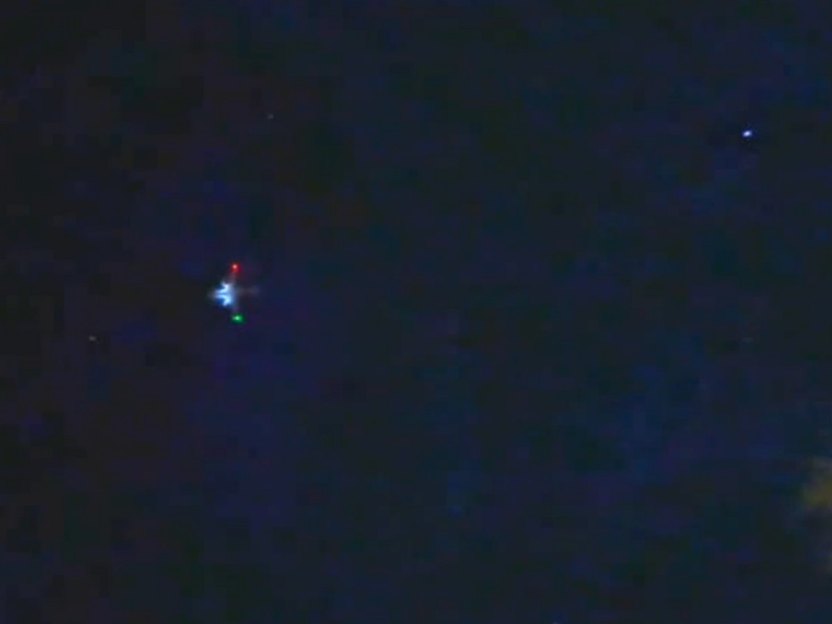Mystery Drones Are Spotted Flying Over New Jersey—What Are the Rules Around Using Devices on Private Property?


Getty Images
For the past few weeks, New Jersey residents have spotted clusters of large drones zipping around neighborhoods, hovering over backyards, and even lingering near sensitive locations like military facilities and private estates.
These sightings of what appears to be an unusual number of drones—that some residents say are as big as a car—have sparked equal parts curiosity and concern, with questions swirling on social media about who exactly is flying these drones—and why.
Addressing the issue at a press conference, New Jersey Gov. Phil Murphy, conceded that the origin of the drones is not known, noting that the devices seem “very sophisticated” but insisting that there was no cause for concern among residents.
“These are apparently … very sophisticated. The minute you get eyes on them, they go dark,” he said, adding: “The most important point to say is we don’t see any concern for public safety.”
However, that has not stopped Gov. Murphy from calling on the president for more government support, revealing in a post on X that he had written a letter to Joe Biden in which he asked for more federal resources to help local authorities get to the root of the issue.

ABC News

ABC News

x.com
“I wrote to @POTUS to express my concerns about reports of unmanned aircraft systems in and around NJ airspace,” he wrote, while sharing a copy of the letter he sent to President Biden. “Since existing laws limit the ability of state and local law enforcement to counter UAS, more federal resources are needed to understand what is behind this activity.”
While local politicians await answers from the federal government as to what’s behind the uptick in drone sightings, the occurrences continue to menace New Jersey neighborhoods night after night, sparking a national debate about what these unidentified flying objects might be.
And for New Jerseyans living under these nightly buzzing visitors, the unanswered origin of the drones has them wondering if drones can continue invade their safety and privacy.
Who owns the sky?
The Federal Aviation Administration (FAA) calls the shots regarding airspace—literally. While you might own your yard, your rooftop, and the fence line, the airspace above your property is federally regulated.
“When it comes to drone surveillance, the sky’s the limit,” says Albert Fox Cahn, Esq., the surveillance technology oversight project executive director. “Sadly, there is very little homeowners can do to limit this sort of threats.”
This means that drones can legally fly over your home, provided they stick to FAA guidelines.
However, there are some key rules, including altitude limits. Drones must fly below 400 feet to avoid interfering with other aircraft.
There are also strict no-fly zones in certain areas. Airports, military installations, and landmarks are off-limits.
Finally, operators must adhere to visual rules such as keeping drones within sight, though new FAA rules now permit some nighttime operations (which is when the drones in New Jersey have been spotted) as long as the drone has proper lighting.
How to keep your space secure
Despite these regulations, there’s a fine balance between what’s allowed by the FAA and what feels intrusive as a homeowner.
So if you feel like your backyard barbecue—or bedroom—is on camera, there are steps you can take to retain some privacy for yourself and your home.
Check local laws: While the FAA governs airspace, some towns in New Jersey have introduced local ordinances to protect residents. Look into your area’s specific rules for flying over residential areas.
Contact authorities: If you suspect a drone is being used maliciously—for spying or trespassing—report it to local law enforcement. Make sure to document the incident, including photos or videos.
However, Cahn cautions that “While homeowners may have rights against low-flying drones, there are relatively few ways to enforce them.”
Talk to your neighbor: In many cases, drones are harmless and operated by hobbyists nearby. A quick conversation might ease tensions.
If you’re tempted to take matters into your own hands, such as attempting to disable or “ground” the drone, think again. Using anti-drone devices or interfering with a drone’s signal could land you in legal trouble.
Instead, explore safe options and install privacy measures: Invest in taller fencing, awnings, or landscaping to create natural barriers from prying eyes.
The future is drone
Like it or not, drones are here to stay, and their presence may get even bigger whether they’re being used for delivery, photography, or simply as a hobby.
But that doesn’t mean you have to sacrifice your peace of mind. By staying informed about your rights and working within the law, you can maintain privacy without overreacting to this new reality in modern airspace.
“The courts have upheld the right to fly over private property at higher altitudes,” says Cahn. “Until the law catches up, the best option for most people will sadly just be to lower the blinds.”
Categories
Recent Posts











"My job is to find and attract mastery-based agents to the office, protect the culture, and make sure everyone is happy! "
1637 Racetrack Rd # 100, Johns, FL, 32259, United States
